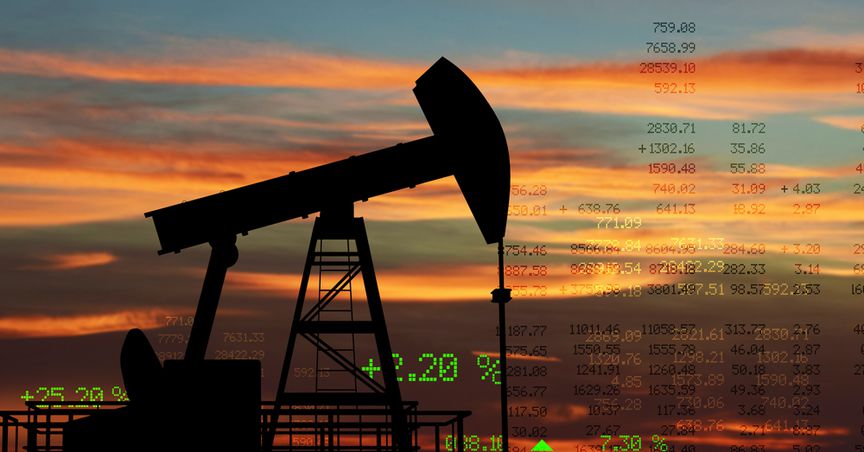Highlights
- NZ is not a big trading partner with Russia or Ukraine.
- Its greatest impact will be because of oil price hikes.
- Commodity price increases may help the Kiwi dollar.
New Zealand is a minor trading partner for Russia and Ukraine, with Russia accounting for only 0.4% of exports and Ukraine even a smaller number. So by that yardstick, the impact on NZ should be minimal.
However, global economic impacts are going to be felt in New Zealand as well.
The Russian invasion has sent commodity prices skyrocketing, creating fears of food shortages and further supply chain disruptions.
Also Read: New Zealand placed on Russia’s ‘unfriendly’ countries list
While rising commodity prices may not be all that bad for New Zealand, especially primary producers, rising oil prices will add to inflationary pressure in the country.
Also Read: Russia-Ukraine war impact on Asian economies
The most obvious impact for most New Zealanders will be through petrol prices. After the US and the UK announced a ban on imports of Russian oil, oil prices will rise further with the impact being felt on people’s pockets. NZ has already witnessed major hikes in petrol prices.
In the last three months, the price has gone up by NZ$1 per litre. In most parts of the country, the price of 91 octanes is NZ$3, and it is likely to be NZ$3.30 within weeks, as per analysts. In the coming days, it might move up to NZ$3.50. This is steep when compared to NZ$2.45 per litre in the December quarter of 2021.
Also Read: How Russia-Ukraine conflict could affect Australian consumers

Image source: © 2022 Kalkine Media New Zealand Ltd
It is expected to increase further as the benchmark international oil price has already touched NZ$136 and may even reach US$150 a barrel if the crisis goes on like this.
Economists feel that rising oil price increases will add significantly to inflation which was already at an all-time high. Oil prices have increased by almost 60% this year. An increase in oil prices affects everyone. They act as a tax on spenders both at pumps and in everyday cost of living.
While the impact of oil is going to be major, other commodities prices are also going to have an impact on inflation in NZ.
For New Zealand, rising commodity prices will support the Kiwi dollar and will positively impact exports, offsetting the impact of the rising import bill due to high oil prices.
Inflation which has touched 6% lately is likely to reach 7%, analysts feel.
New Zealand has not seen the peak of inflation as yet. It would impact every aspect of people’s lives.
After COVID-19-related supply chain disruptions, the Ukraine war is going to cause another round of the same. These will have a serious inflationary impact.
Fertiliser prices are also edging higher because of the War on Ukraine and that could impact farmers.
The central bank assumes importance in keeping the inflation under check. It would have to raise the OCR rates in quick succession to keep curb the rising inflation.
Economists are expecting rate hikes in its April and May Monetary Policy Review.
Bottom Line: The Ukraine-Russia conflict is going to impact New Zealand through increases in oil and commodity prices, further fueling inflation. However, its trade with Russia is not significant so there is no direct economic impact.





